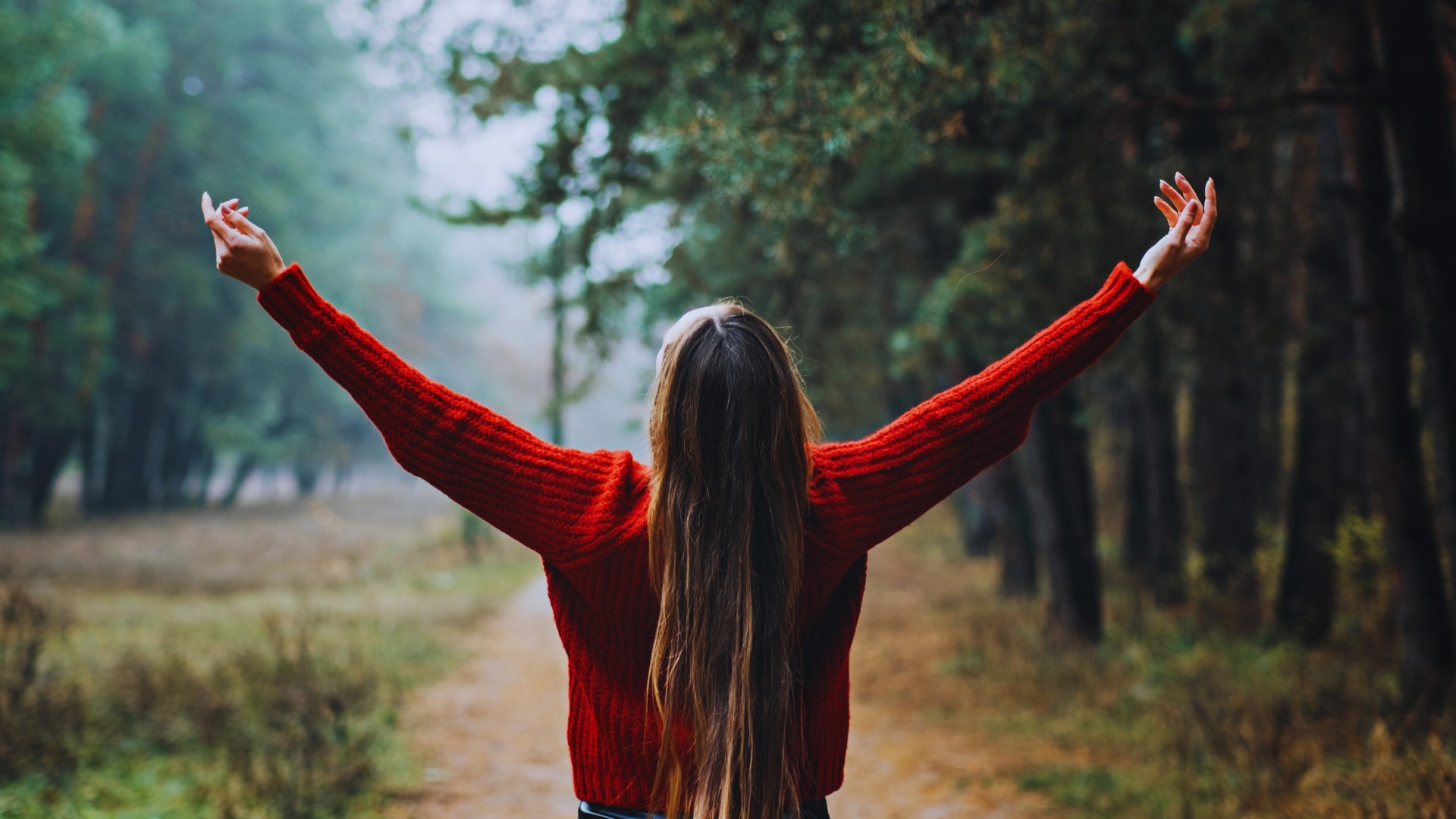Creative habits serve as a powerful tool in promoting lifelong wellness. Engaging in creative activities can enhance mental health, reduce stress, and foster a sense of achievement, all of which contribute to overall well-being. Individuals who make creativity a regular part of their lives often find themselves better equipped to handle challenges, leading to a more balanced and fulfilling existence.
Incorporating creativity into daily routines can take many forms, from painting and writing to cooking or crafting. These activities provide not just enjoyment but also a means of self-expression and personal discovery. As individuals explore their creative sides, they often experience increased mindfulness, allowing them to connect more deeply with themselves and the world around them.
Moreover, the social aspect of creativity cannot be overlooked. Collaborative projects and group activities foster connections, build community, and create support networks crucial for sustained wellness. By nurturing creative habits, individuals embark on a journey that enriches both their personal lives and their relationships, reinforcing the idea that creativity is essential for a thriving, healthy existence.
The Science of Creative Habits and Lifelong Wellness
Creative habits have a significant impact on both physical health and emotional well-being. Engaging in creative activities stimulates the mind and body, promoting processes that contribute to long-term wellness. Several scientific findings underline the transformative power of creativity.
How Creativity Shapes Physical and Emotional Well-Being
Creativity has been linked to numerous health benefits. Engaging in creative activities can enhance mood and reduce feelings of depression and anxiety. Studies reveal that creative expression leads to improved immune function, lowering the risk of chronic illnesses.
Participating in arts, writing, or even problem-solving fosters resilience and equips individuals with coping strategies. This versatile engagement is crucial for emotional regulation, allowing individuals to manage life’s challenges more effectively. Furthermore, creative activities can instigate a flow state, where time perception diminishes, enhancing life’s enjoyment.
Neuroplasticity and Lifelong Learning
Neuroplasticity, the brain’s ability to reorganise itself by forming new neural connections, plays a pivotal role in lifelong learning. Engaging in creative pursuits can stimulate neuroplasticity, leading to cognitive enhancements. This process supports personal growth and adapts the brain’s functioning even in later life.
Creativity exercises the brain, encouraging continuous learning and adaptability. Such flexibility is crucial for maintaining cognitive health, as it can postpone age-related decline. Involvement in creative activities stimulates critical thinking, problem-solving abilities, and innovation, essential skills for navigating modern challenges.
Reducing Stress Through Imagination and Mindfulness
Creative habits serve as powerful tools for stress reduction. Imagination allows individuals to escape from daily pressures, facilitating relaxation and decreasing anxiety levels. Practices such as drawing or writing foster mindfulness, encouraging a present-focused lifestyle.
Through mindful creativity, individuals can channel emotions into productive outlets. Activities like crafting or painting promote a meditative state, providing solace and tranquillity amidst chaos. This not only enhances emotional stability but also contributes to improved physical health by lowering cortisol levels, which is vital for overall well-being.
Creative Habits for Improved Physical and Emotional Health
Creative habits can significantly influence both physical and emotional health, paving the way for wellness and personal development. By incorporating structured routines, mindful movement, and healthy eating, individuals can enhance their overall well-being.
Establishing Daily Routines for Consistency and Growth
Creating a daily routine helps establish consistency, which is vital for growth. A structured day can include designated times for reflection, creativity, and personal development activities.
Incorporating creative pursuits, such as writing or painting, improves mental health and reinforces commitment to wellness goals. Routine activities, even simple ones, can cultivate a sense of fulfilment and accomplishment.
Regularity in daily practices can positively affect memory and cognitive function, ensuring that individuals stay engaged and productive. A well-structured day also promotes a rewarding system, enabling individuals to celebrate small achievements.
Incorporating Exercise and Mindful Movement
Regular physical activity is essential for maintaining good health. Engaging in exercise, such as yoga or aerobic activities, significantly enhances physical fitness and well-being.
Mindful movement, which includes activities that focus on the breath and body, can reduce tension and stress levels. This can lead to improved mental clarity, emotional stability, and a stronger immune system.
Setting achievable fitness goals is crucial for sustained motivation. Whether it’s completing a certain number of steps or mastering a new yoga pose, tracking progress can bolster self-esteem and encourage continued participation in healthy routines.
Healthy Eating Habits and Wellness Programmes
Nutrition plays a vital role in physical health and emotional balance. Developing healthy eating habits supports overall wellness. This includes prioritising whole foods, such as fruits, vegetables, lean proteins, and whole grains.
Wellness programmes that focus on nutrition education can help individuals make informed choices about their diets. Learning about macronutrients and portion control can assist in maintaining a healthy weight.
Incorporating creativity into meal preparation can make healthy eating more enjoyable. Experimenting with new recipes or cooking styles fosters a sense of adventure and keeps the dietary routine engaging.
Fostering Social and Intellectual Wellness Through Creativity
Creative activities play a crucial role in enhancing both social and intellectual wellness. Engaging in such pursuits helps individuals build relationships, collaborate effectively, and reflect on personal values and goals.
Building Social Skills and Collaboration
Participating in creative projects encourages the development of social skills. Individuals learn to engage with others, which is vital for forming interpersonal relationships.
Group activities like workshops or collaborative art projects require negotiation and cooperation. Working together fosters a sense of community. Shared experiences within these settings can strengthen bonds and improve social support networks.
Creative outlets can serve as a platform for practising communication, leading to more effective interactions both in personal and professional contexts. This environment allows individuals to express themselves while also developing empathy and understanding.
Enhancing Communication, Teamwork, and Cooperation
Creativity often involves teamwork. Whether it’s brainstorming ideas or executing a project, individuals must communicate openly. This communication fosters a culture of cooperation.
In team settings, individuals learn to appreciate others’ perspectives, which enhances their ability to negotiate and resolve conflicts. Collaborative creativity encourages everyone to contribute, reinforcing the importance of each team member’s input.
Through these experiences, individuals not only improve their social skills but also develop a sense of responsibility towards shared goals. This collaborative approach can lead to more successful outcomes, benefiting both the team and the individuals involved.
Encouraging Lifelong Self-Improvement and Reflection
Creative activities provide opportunities for self-reflection, crucial for intellectual wellness. Engaging in creative endeavours prompts individuals to assess their values and beliefs.
Reflective practices can lead to insights about personal growth and areas for improvement. Such self-awareness encourages lifelong learning, empowering individuals to seek new knowledge and skills continually.
By regularly reflecting on their creative experiences, individuals can track their progress and adapt their approaches to challenges. This commitment to self-improvement fosters resilience and a proactive mindset towards life.
Long-Term Benefits of Creative Health Habits
Creative health habits offer significant long-term advantages that contribute to physical health, emotional well-being, and continued personal motivation. By engaging in creative activities, individuals can enhance their immune systems, improve their quality of life, and maintain a strong reward system that sustains their motivation.
Strengtheningthe Immune System and Preventing Health Issues
Engaging in creative activities can positively impact the immune system. Creative expression often reduces stress, which is known to weaken immunity.
Key activities include:
- Painting
- Writing
- Playing musical instruments
Studies indicate that those who regularly partake in creative hobbies show lower levels of cortisol, the stress hormone. This stress reduction can lead to fewer health issues, such as cardiovascular diseases and chronic conditions.
Improving Quality of Life and Overall Wellbeing
Creative habits significantly enhance an individual’s quality of life. Activities such as gardening or crafting promote relaxation and encourage a connection with nature.
Benefits include:
- Increased satisfaction
- Enhanced mood
- Reduced anxiety
Fresh air and outdoor creativity foster a sense of vitality. Engaging in creative pursuits offers emotional benefits that enrich social interactions and promote a positive outlook on life.
Sustaining Motivation and Reward Systems Over Time
Creativity can act as a powerful motivator, reinforcing reward systems within the brain. Each time a person engages in a creative task, they can experience feelings of accomplishment and satisfaction.
Methods to enhance motivation include:
- Setting achievable goals in creative projects
- Celebrating small successes
This sustained engagement triggers the release of dopamine, encouraging ongoing participation in health habits. Consequently, individuals are more likely to continue creative endeavors, which positively affect their health and well-being.

